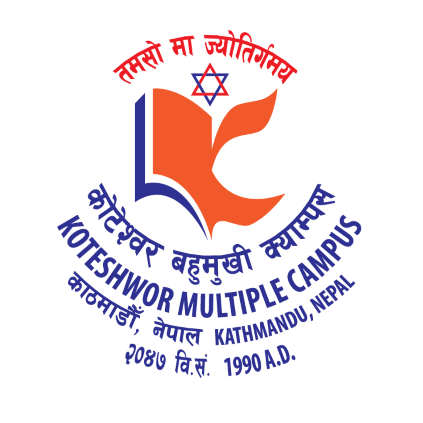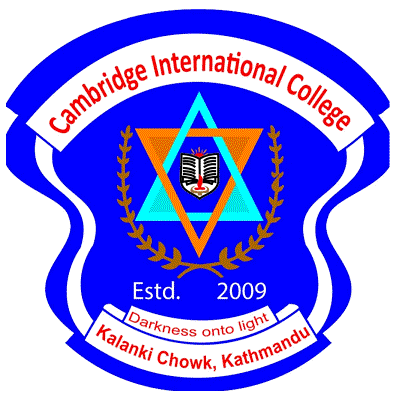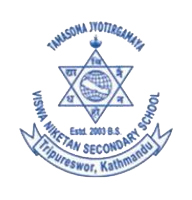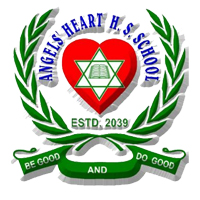Overview
Ten Plus Two (+2) Education at Kamana International College (KIC), Kathmandu
KIC in Swayambhu, Sanobharyang, Kathmandu runs the Ten Plus Two (+2) Education program under the National Examination Board (NEB), Nepal. If you plan to start an education-focused pathway, this program introduces core pedagogy, classroom practice, and communication skills within the NEB framework.
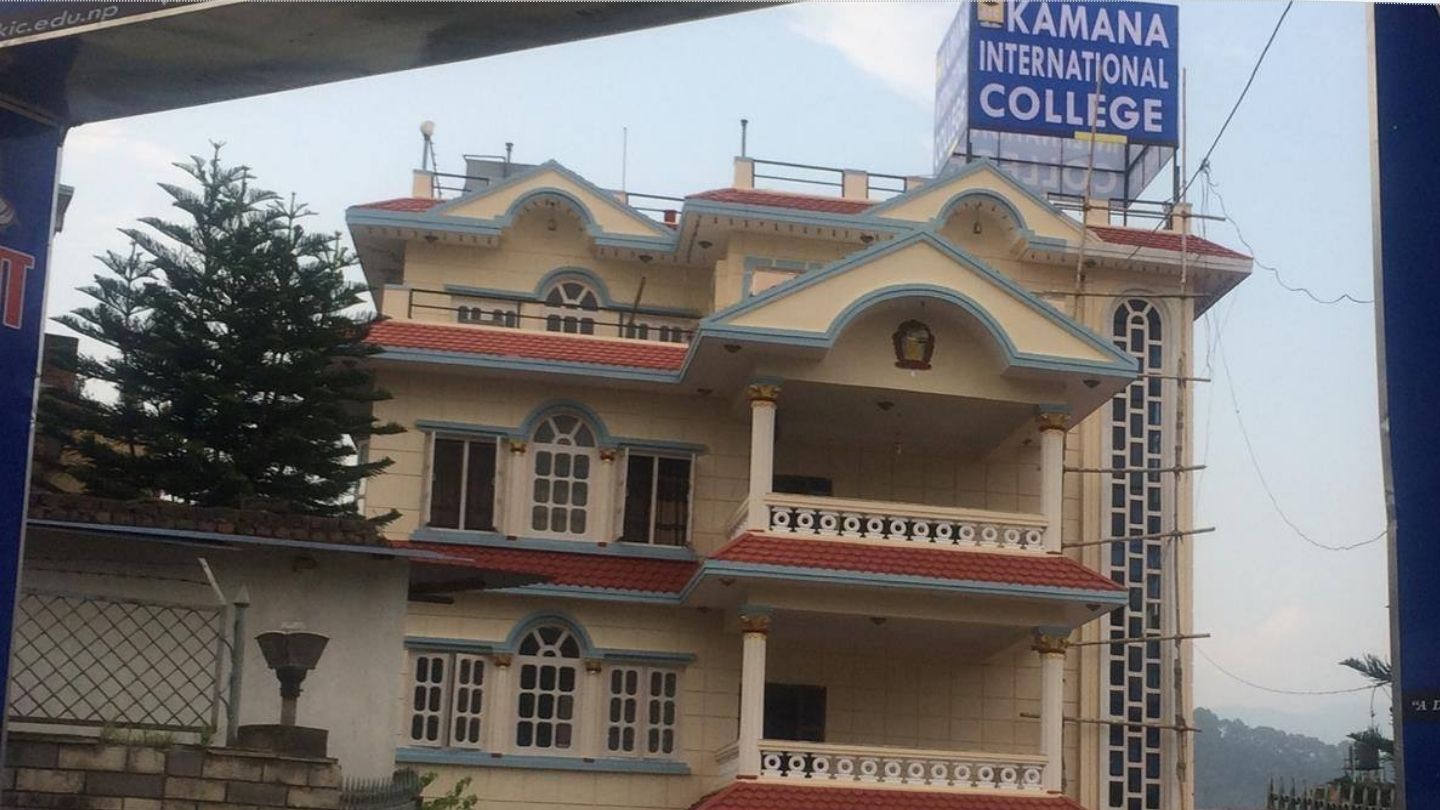
Introduction
The +2 Education stream at KIC builds study habits that fit NEB requirements and teaching-focused careers. You learn how schools function, how children learn, and how teachers plan lessons and assess progress. Coursework connects reading and writing tasks with observation and short teaching practice.
Students often use this stream as a foundation for B.Ed or education-related degrees. The setting at Swayambhu supports daily commuting and access to libraries, labs, and city resources.
Highlights
-
NEB-affiliated +2 Education stream
-
Focus on child development, learning psychology, pedagogy, and evaluation
-
Reading, writing, and classroom practice integrated into internal work
-
Exposure to local schools and community contexts through guided visits
-
Academic counseling and study-skills support across terms
-
Merit-based scholarships available as per KIC policy
Curriculum Details
KIC follows the NEB subject grid for +2 Education. You study compulsory subjects set by NEB and stream-specific papers that cover teaching-learning processes, foundations of education, assessment methods, and school-community relationships.
Subject offerings follow the college’s annual plan and NEB’s current syllabus. You can expect reading assignments, short essays, lesson outlines, micro-teaching activities, and periodic tests. Where feasible, KIC schedules school observation and reflection logs so you connect theory with classroom realities.
Objectives
-
Build awareness of how learners develop and how classes are organized
-
Practice basic lesson planning and time management
-
Strengthen academic reading and clear writing in Nepali and English
-
Use simple assessment tools to review student work
-
Connect school learning with local community contexts
Scope
Graduates of +2 Education usually aim for B.Ed or other education-related degrees. Some learners take roles in tuition centers, after-school programs, learning support, or community projects. Your longer path can include teacher training, educational administration, curriculum work, or NGO roles once you complete higher studies.
Learning Outcomes
-
Create lesson outlines with aims, materials, and steps
-
Apply basic classroom routines and inclusive approaches
-
Prepare short quizzes, rubrics, and feedback notes
-
Keep a reflective journal that links theory and practice
-
Communicate ideas using clear, student-friendly language
Skill Development Modules
-
Academic writing and presentation skills
-
Classroom communication and group work
-
Basic ICT for teaching (presentations, worksheets, simple data entry)
-
Observation notes and reflection techniques
-
Time management during class periods and assessments
Teaching Methodology
KIC uses lesson plans, teacher demonstrations, micro-teaching, and peer feedback. You complete short projects, reading logs, and presentations. Field exposure may include school visits and conversations with teachers. Internal evaluations run across the term and board exams follow NEB rules.
Admission Requirements
Eligibility follows NEB guidelines in force during the intake year. Submit the completed form, SEE or equivalent transcripts, photographs, and any items the college requests. Seats, subject combinations, and calendars are announced before each admission cycle. Short interviews or counseling sessions may apply.
Career Opportunities
After +2 Education, you can support classrooms as an assistant or join community learning projects while you prepare for B.Ed. As you progress through higher study, pathways open toward teaching in schools, educational coordination, and related roles.
Scholarships and Financial Aid
KIC runs merit-based categories that apply to tuition unless stated otherwise. Categories range from partial to full tuition waivers based on prior scores. Stream toppers who meet set thresholds may receive a short-term tuition waiver. Carry all documents during admission and follow renewal rules linked to attendance and performance.
Why Choose This Course?
-
Clear foundation for B.Ed and education pathways
-
Practical tasks that connect study to school settings
-
Guidance on writing, presentation, and classroom tools
-
Scholarship opportunities for strong academic records
-
NEB framework recognized across Nepal
Conclusion
The +2 Education stream at KIC helps you build teaching fundamentals within NEB rules. If you plan to study education at university, this is a steady first step with clear coursework, guided practice, and academic support.
FAQ
1) What is the duration of +2 Education?
Two academic years as per NEB.
2) Which exams do I take?
Internal assessments at KIC and NEB board examinations.
3) Can I shift subjects after admission?
Subject changes follow NEB rules and college capacity during the add/drop window.
4) What language is used for instruction?
Classes run in Nepali and English as appropriate for the paper and level.
5) Do I need prior teaching experience?
No. You learn classroom basics during the program and through guided exposure.
Contact Kamana International College's administrative office for detailed information on the +2 Education course, including fees, scholarships, facilities, counseling, eligibility criteria, etc.



